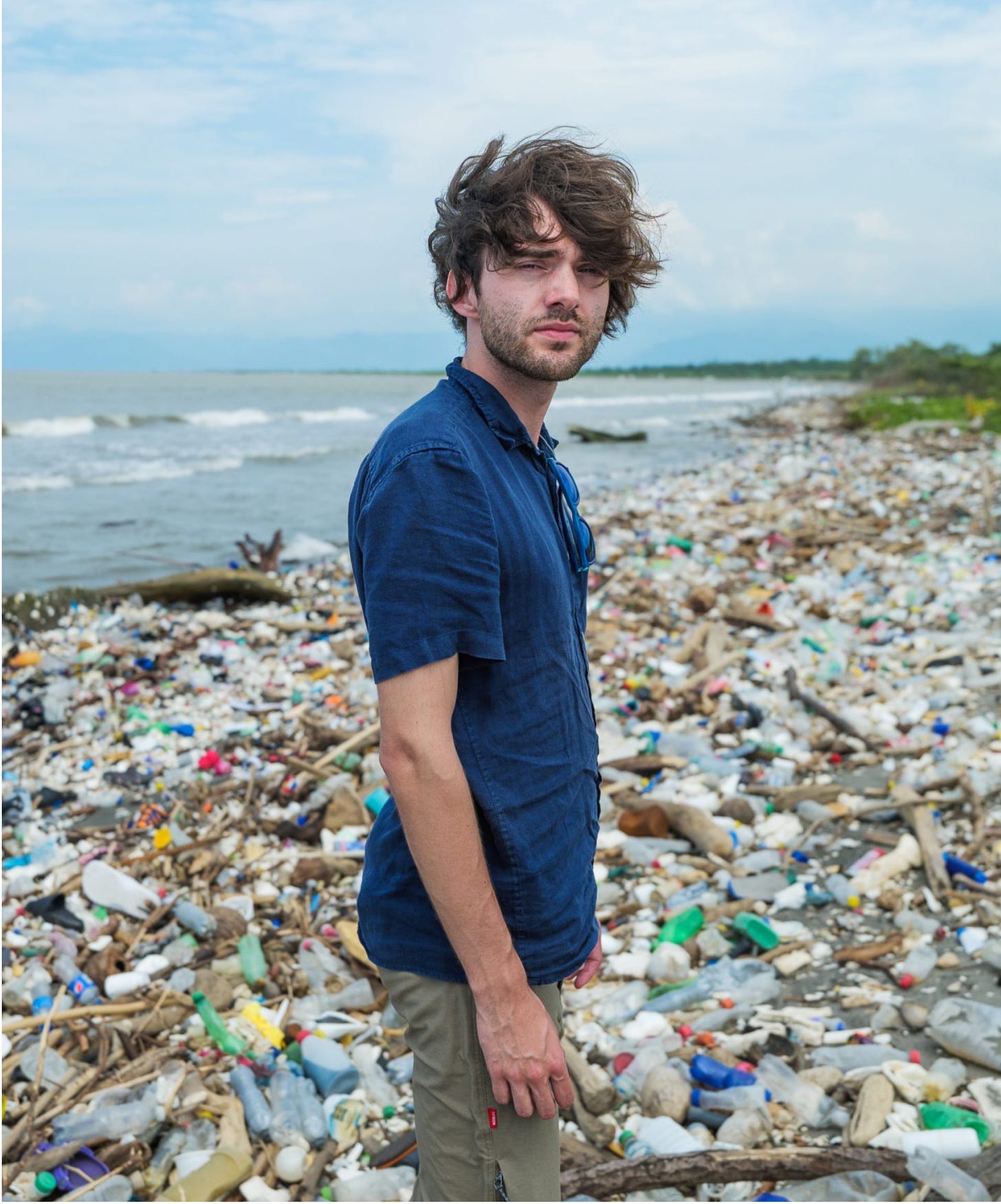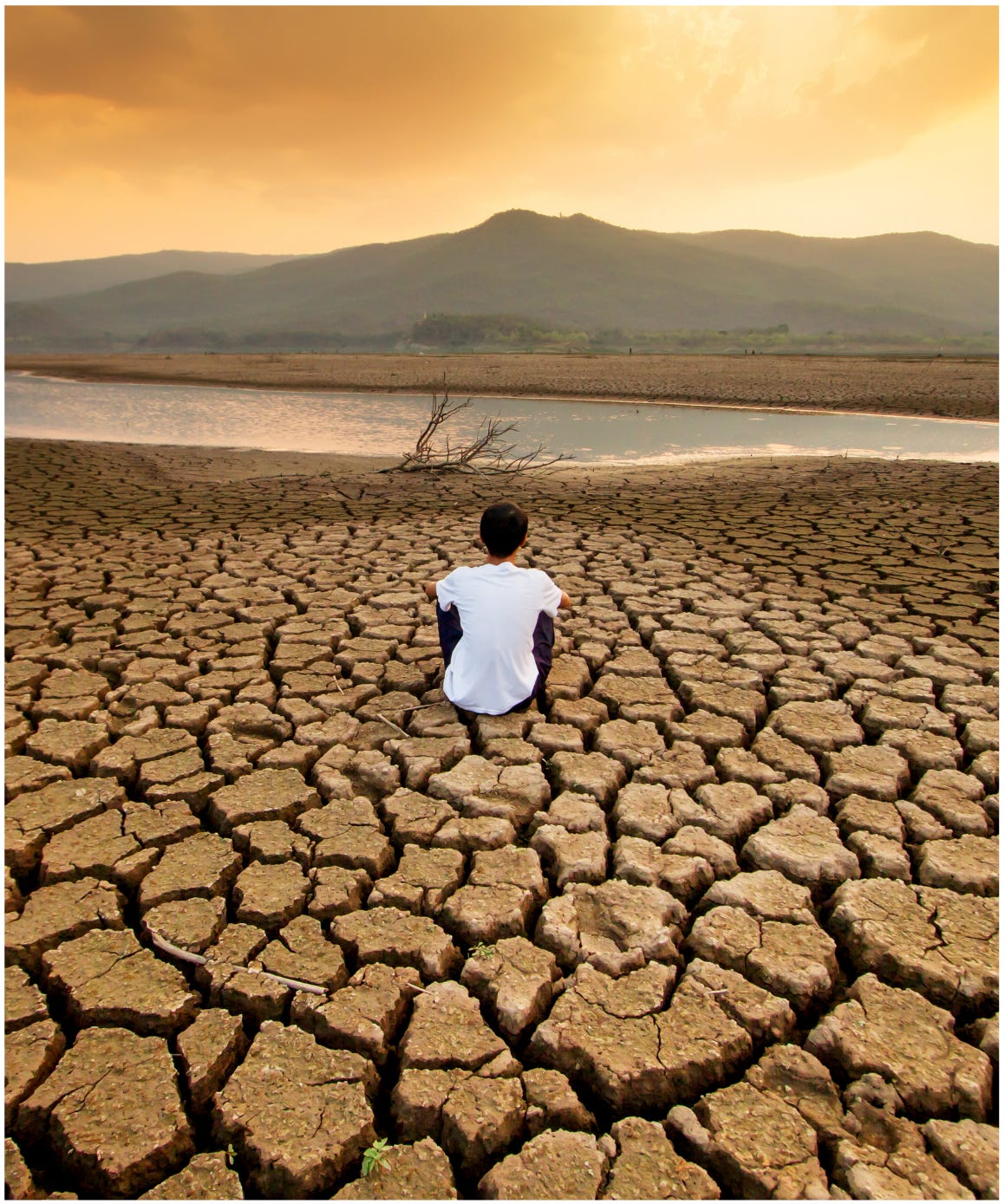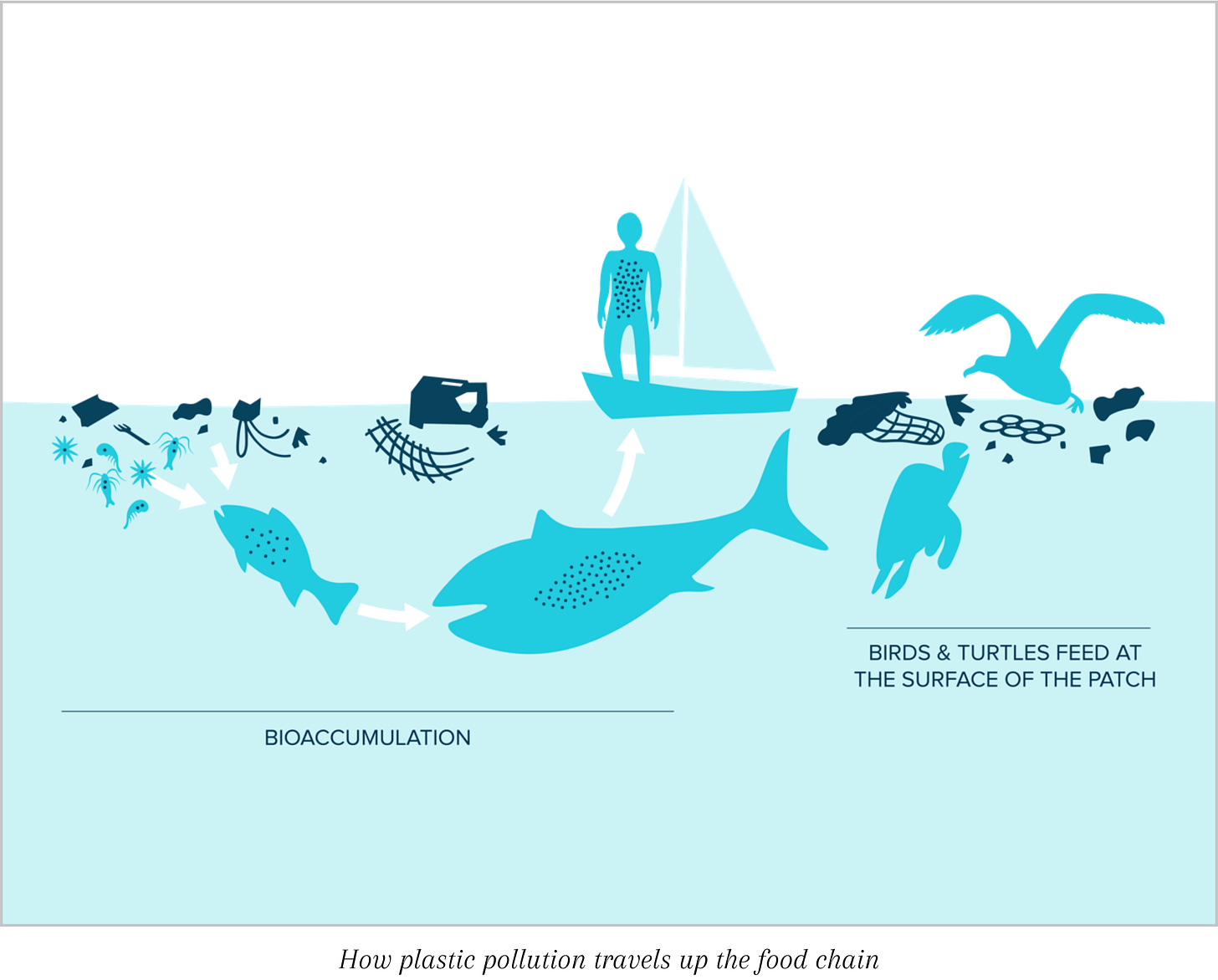Recently I came across the term "anthropocene", suggesting the epoch of man, its profound impact on planet's climate and ecosystems. There has been a lot of debate among scientists to conclude this new era—one of them the Anthropocene Working Group (AWG) established in 2009. Ten years later a scientific model for such evidence is deployed at twelve sites around the world, with striking results as of May 2022.
It is time we take the blame, become the solution before decay engulfs. Business as usual will mean our demise—as David Attenborough stresses, life on earth is fascinating; yet unforgiving when long neglected.
Oceans our heroes
Little are we opposed the giants that occupy 70% of earths' surface—the enormity of oxygen they produce. Unknown also, are the great wonders they harbour given over 80% remains uncovered to this day—hence, concealing vital information—for all I know, perspective will change.
Albeit natural disasters have intensified, oceans remain a strong ally in mastering thunderstorms; nonetheless, if temperatures keep rising, climate change is not properly actioned, it may lose its final grip. Despite one's love for hot summer days, cold water has always stood by to mitigate bad weather. As long these miracles thrive, their gift, freedom will too—if not, we breed darkness together.
The big villains
Plastic, the new cancer on track to suffocate the planet. "Surprisingly, oil and chemical giants believe otherwise". Since its growing popularity in the 1960s, it always found a way round threats, & survive through the mighty voice of lobbyists. Thus, our beautiful world receives its colourful bounty by all means—beaches as filters for ocean waste—birds, turtles sickened. Strangely enough, we are complicit as far consumption goes, our education to others. Seventeen students from Hawaii set out to answer the pollutants' impact on the future—so can we—in the end, corporations and policymakers are subject to people's mindset, preferences.
High seas, two-thirds of the worlds' ocean up for the taking—international waters, home to a wealth of phytoplankton and micro-organisms that supply about half of the worlds' oxygen. Full of life, its habitable space accounts for 95% by volume on our planet. Unfortunately, there are no marine protected areas (MPAs) unlike national parks—with close to zero protection, illegal fishing, 90% of heavy shipping has free rein in these environments; clashing with endangered sea mammals, disrupting the eco-system in all sorts of ways. Research shows over 80% of North Atlantic Right Whales have been entangled in fishing gear at least once in their lifetime.
The state we are in, experts preach all kinds of doomsday scenarios. As per World Economic Forum (WEF), 2050 doesn't look promising; the death to 90% of coral reefs, more plastic than fish, a mass extinction in seas left overheated, acidified, deoxygenated—that is unless we go the other course of radical reform.
Thankfully, some creative rebels fighting the nasty externalities of "growth" have opened gates that allow transparency and public action; for instance, wide support for high seas treaties, mechanisms to establish MPAs, the use of AI-powered sensors to track and safe whales, or how a clever automatic identification system (AIS) finds wealthy nations like China, Taiwan, Japan responsible for most of the industrial fishing in high seas. When we unite, technology will enable us to act and raise a voice like the mighty lobbyists for destructive giants.
"Growth over planetary boundaries"—if it weren't for the Earth's resilience, we would have already exceeded the Paris Accords' 1.5°C-target. Some 25% of our annual carbon emissions, including 90% of the heat it generates, is currently absorbed by the oceans—then there's terrestrial forces that snap up another 30% (Galaz & Collste, 2022). However, as socio-economic trends accelerate; take fertilisers, large dams, water & energy use, real GDP, population—others follow; including tropical forest loss, ocean acidification, carbon dioxide, methane, surface temperature (Steffen et al., 2015a). If we persist in cutting out nature, it won't be able to stop what has long been coming for us. At this point, we have a choice to rebalance, avoid the "tipping point". One should ask: how much care do I give back to nature?
What goes around comes around
Developed states are risking the future of many people, marine eco-systems that can no longer bear its subsidised vessels, "hunters" for fish. Communities along the coast of West Africa, beyond are nearing despair as their primary source of income, food is poised for collapse. In Ghana, the decline went systematic for ten years, until one day fishermen went out to sea, returning empty-handed. These practices promote intolerable fishing, causing distress such as the fate of 2.7 million Ghanaians who depend on it. In consequence, the World Trade Organization (WTO) has finally made progress to end these harmful subsidies with "a partial agreement" in June 2022—what may come of it, this absurd policy has cost global fisheries up to $83 billion annually, that could have been wisely reinvested.
In addition, extreme weather events such as hurricanes and flooding are likely to become more frequent. When oceans heat up, this can create feedback loops that prevent them from cooling—leading to further warming and intensifying storms. If this situation gets out of hand, 37.5% of our population (3 billion) that live near coastal areas will face the hazards. Interestingly enough, nature always has a remedy once given the chance. In a nutshell: isn't it time we made ourselves and others accountable?
Reversing the tide
Anticipating the doom and gloom, there are clear resolutions at hand—in todays' technological advance more than ever. The problem lies with our laxity, the extreme security we have grown so attached to—up the extent we stay indifferent to catastrophes "presently outside our realm of trust". Thus more scientists, activists, believers will shove it in our faces until reality seeps in, we all join the frontlines—this can be done as such.
To your best ability, eliminate plastic from your life and inspire others to do the same. It is destroying everything we love about this planet, including you. As long we feed these toxic habits, the villains will thrive, protect it to the last cent. When this nonsense stops entering our eco-systems, food chains—heroes like Boyan Slat, founder of The Ocean Clean Up can purify oceans, seas and rivers once and for all. You can already start by banning these 10 single-use plastics.
Raise your voice, be part of global politics while institutions standstill, allow absurd policies. Only last year, the WTO reached a partial accord on overfishing enabled by harmful subsidies—negotiations that lasted about 21 years. This also applies to the protection of high seas (international waters), approximately 1%.
National parks preserved in perpetuity show remarkable progress—terrestrial systems that can and should be applied to our oceans as well. 2017 research suggests healthy coral reefs can generate billions of dollars in revenue. The Great Barrier Reef alone contributed $6.4 billion to the Australian economy in 2016, adding more than 64,000 jobs. The effect of MPAs across national waters, including Seychelles speaks volumes. You can have a direct impact by supporting this High Seas Treaty today—Greta Thunberg got the urgency right.
Balance your carbon footprint far and wide. This beautiful world we take for granted is showing its cracks. Whilst some feel the urge to blame, shift responsibility, there are those that wake up at night, aspiring to bring change. Though governments serve mutual interests, it is important not to be led blindly—"fully reliant on their acts for a better future". According a 2023 report by the International Energy Agency (IEA), 2022 estimates show that 'global fossil fuels subsidies' reached an all-time high of USD 1 trillion—ultimately disincentivising cleaner energy.
That being said, there are projects at play to curb this "trapped situation of inaction". Technology that can empower us to live more sustainably "Nudj", invest more consciously "Fennel"—initiatives that will reverse the tide and back a revolution of eco-entrepreneurs, longing for a richer planet.
As we talked about planet earth, destruction must cease forthwith, make way for global restoration. When national parks & MPAs reclaim territory, our lifestyle reconnects with nature, it is our duty to revive naked land, dark waters. At present, due to excess of greenhouse gases, weather patterns are intensifying. Trees, mangroves, seagrass (known as the "lungs of the sea") forge a formidable carbon sink—paired with coral reefs, they could manage storms well with climate change stabilising. According a 2018 study, it might save countries over $4bn in flood damages a year. Hence: will you step up your game and make a difference?
Hear hear
Sarah Parent, founder of Go Forest, knows this story all too well. Since she heard her calling, planting trees with impact, the worlds' problems came resting on her shoulders. Despite mounting pressure, no challenge stretches too far. Thus, Go Forest is proud to announce its expansion with Go Ocean—a new branch under the "Go Family umbrella". Sarah connects the dots in our complex nature—sooner or later, oceans were bound to play a part in her revival of our world. The opportunity is yours now with coral and seagrass projects launching across Indonesia & the UK. Our blue planet awaits your call.
It was such a thrill to write this story for Go Ocean, an audience like you. May it captivate, linger so that you become "leaders for a bluer world".















